Ayurvedic Diet for Self-healing
In the search for ways of life, many of us come across a large number of information on diet schedules. We find more and more scientific evidence that shows how a proper dietary schedule can help maintain a healthy body. Though we all know the various benefits offered by an Ayurvedic Diet for Self-healing, it is essential to understand why this diet is gaining popularity across the world.
An Ayurvedic diet is one that is balanced and takes into account the person’s dosha or constitution. It consists of eating foods that are nourishing, cleansing, and rejuvenating. The goal is to create a healthy digestive system, which will in turn lead to optimal health.
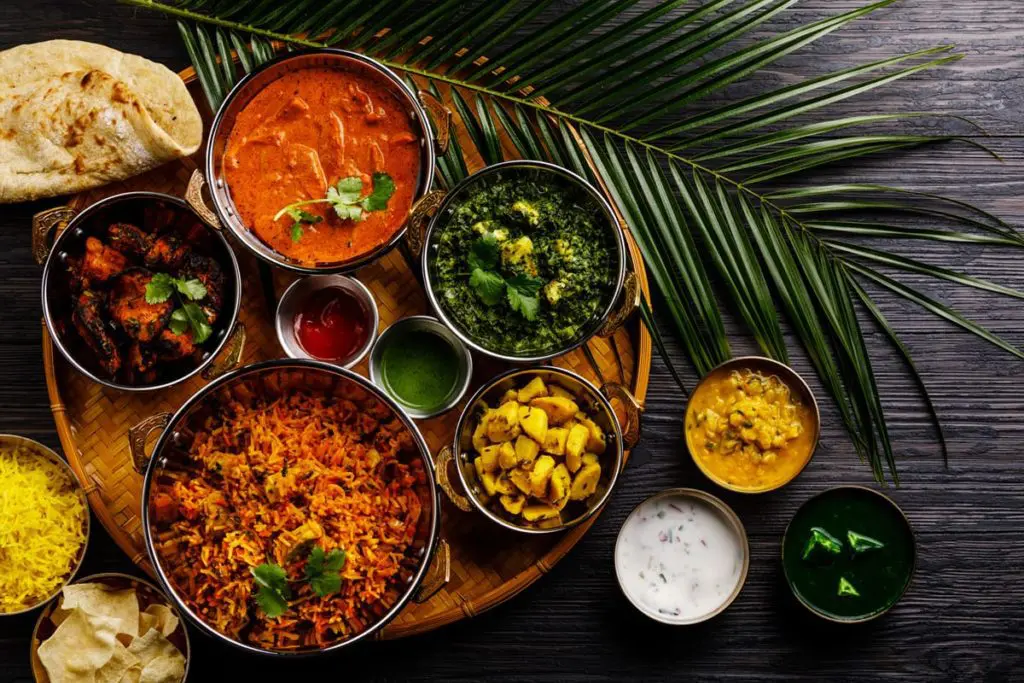
Ayurvedic Diet: Simple like Nature itself
The principles of an Ayurvedic Diet for Self-healing are simple: eat fresh, seasonal foods that are locally sourced whenever possible; eat a variety of different colors and textures in order to get a variety of nutrients; chew your food well so that you can extract the most nutrition from it, and drink plenty of water throughout the day.
Some of the most important benefits of following an Ayurvedic diet include improved digestion, weight loss, and reduction of cellulite, higher energy, and improved immunity.
The essence of an Ayurvedic diet is preparing your own meals every day, consisting of natural foods with a good combination of tastes from mild to sour, astringent, sweet, pungent, and salty. This way you can acquire all the nutrients that nature provides for us in abundance.
Eight Basic Principles of Ayurvedic Diet:
The main thing about Ayurvedic Diet for Self-healing is to know how does Ayurveda thinks about this. Like many others, we don’t have something to sell for this condition. Neither the spices according to your doshas nor “some” tricky diet plans.
1) Eat fresh, seasonal, and local foods as much as possible.
2) Eat a variety of different colors and textures in order to get a variety of nutrients.
3) Chew your food well so that you can extract the most nutrition from it.
4) Drink an adequate amount of water throughout the day.
5) Follow the principles of balance and moderation with regard to both quantity and quality of food.
6) Pay attention to your individual body type or dosha, and eat accordingly.
7) Avoid processed foods, artificial additives, and artificial sweeteners.
8) Be mindful when eating, and enjoy your food!
The three points for Ayurvedic Diet for Self Healing
Three basic commandments of the Ayurvedic Diet for Self-healing as per me are- Traditional, Regional, and Seasonal food. Let’s discuss these ones by one.
Traditional food:
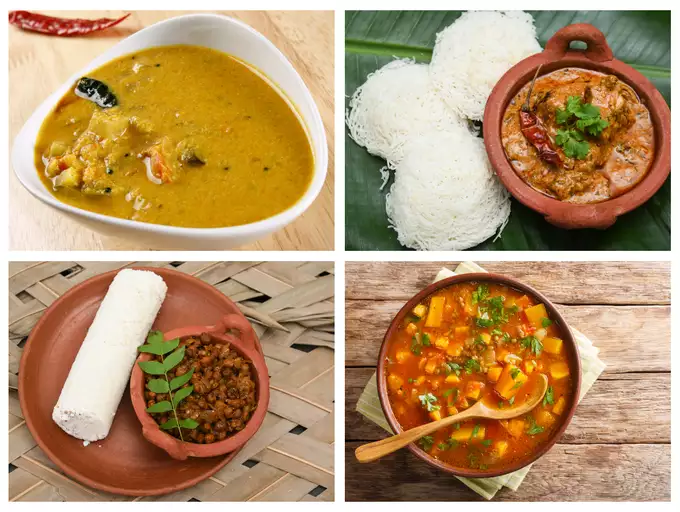
Traditional dishes have been followed for centuries by a particular culture and they should be included in your diet, Example: Dal-Chawal or Rice-Lentils from India, White Bread from France.
Many people are surprised about this when I tell them but it is 100% true. If you’re looking for some kind of historical evidence then don’t bother, there is none because the whole thing never made any sense in the first place.
No matter how many times people think about it or look into it, all they find are contradictions and inconsistencies.
The only possible explanation left I can come up with is that some ancient people did it for the betterment of the people.
Food habits are an important part of our lives, and they can have a significant impact on our health. Ayurveda is a traditional Indian system of medicine that has been around for centuries, and it emphasizes the importance of food habits in maintaining good health.
Regional Food:
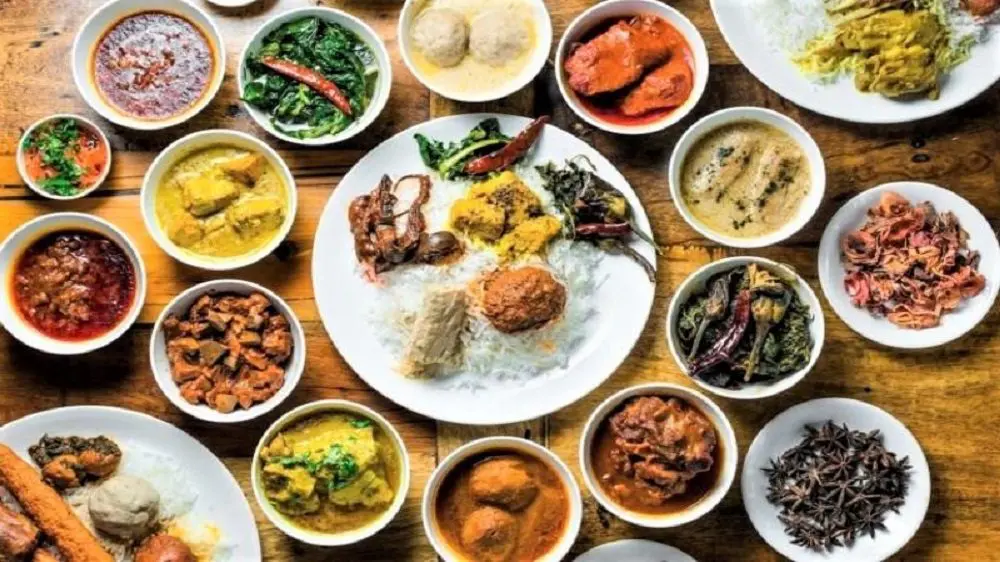
Eating foods from your own region is very important to maintain the balance of nature’s elements in our body. This will strengthen our immune system greatly. Also, you’ll get to eat delicious food if you follow this simple rule.
The habit of consuming the food item prepared in one’s own region causes easy digestion. The prevalent food habits are now changing drastically because of changes in climate, environmental pollution, increasing population, etc. There are many disadvantages due to this sudden change in our food habits but it is not possible to revert back to original food habits. This article presents a way out by analyzing the basic facts about the subject from an ayurvedic point of view
The fundamental cause for an ailment is the ‘vitiation’ of one or more ‘dosha’. The disease may be caused due to vitiation of Vata (wind) and pitta (bile). Vitiation of Kapha (phlegm) alone does not give rise to a disease. The food habits of a particular region play an important role in preventing the vitiation of dosha and consequent diseases.
Food items that are consumed in a particular region are compatible with the local climate, environment, and the constitution of the people living there. The food items prepared in one’s own region cause easy digestion because of their inherent qualities and the digestive fire (Agni) present in the body is not disturbed. Also, the body gets used to these food items and develops immunity against diseases caused by them.
Eat like a Russian, when you are in Russia and when you are in Germany don’t say “no to- Potatoes” 🙂
Seasonal food:
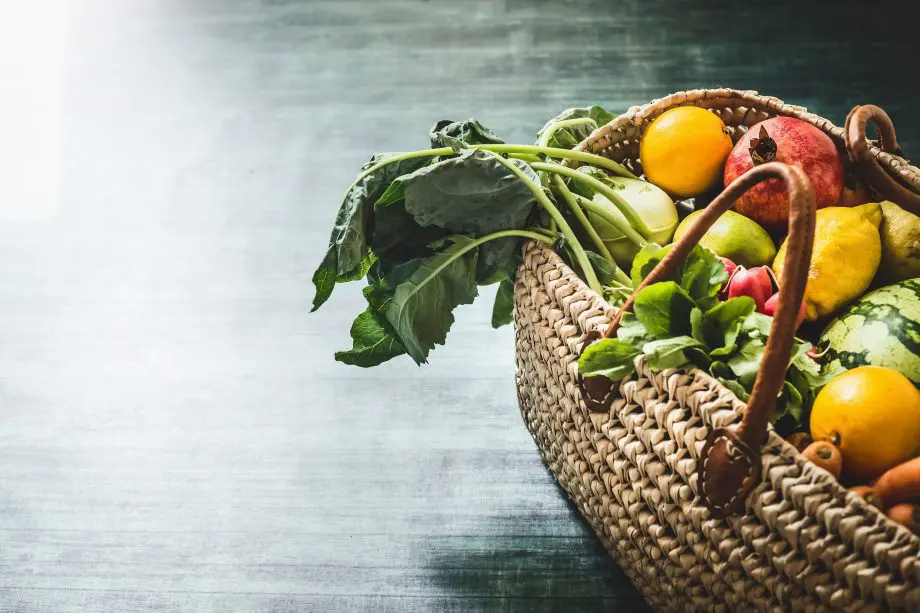
In this modern era, a variety of food is available in the market both in terms of taste and nutrients. People today have a wide range of opportunities to select daily supplies from various local markets or grocery stores. This availability has increased the tendency to choose new food items regularly over traditional dishes that had been consumed for many years. Even some people feel confused when they get to know the benefits of certain foods from their friends’ experiences while they don’t get any clear guidance on what they should eat for improved health. In Ayurveda, it is said that taking seasonal food will cure most physical problems.
For example, it is found that if people regularly take papaya during the summer season it helps them keep away from digestive tract disorders like constipation. Generally, food with high water content is recommended during summer as it will provide enough hydration which helps in keeping you cool. In this article, we shall discuss the importance of seasonal food habits from the Ayurvedic viewpoint for your health and beauty.
We all know how important it is to eat seasonal vegetables and fruits throughout the year because it provides us with great nutrition while keeping our digestive system healthy. But many times we fail to find seasonal produce in grocery stores and markets which disappoints me most times, but that’s where you can get seasonal produce in your surrounding area. If not, then plan a trip to the nearest Farmer’s Market and enjoy the natural goodness of what nature has to offer.
I hope that this article would have provided you with enough information on how you can take care of your health by following an Ayurvedic Diet for Self-healing. May it be for a day or a lifetime, let’s all agree that conscious eating is the first step towards optimal health.
Bad effect of emotional eating:

This is an important aspect of the Ayurvedic Diet for Self-healing, without talking about “emotional eating” we cannot complete the understanding of this timeless wisdom of Ayurveda.
Eating food in response to negative emotions is called emotional eating. It’s a type of comfort eating that usually leads to weight gain. Emotional eaters often eat when they’re bored, stressed, angry, or sad.
The comment from Charak Samhita is very much clear about this-
“Healthy and wholesome foods, taken under the stress are more harmful than the unhealthy food itself.”
Emotional eating can have negative consequences for your health. When you eat to soothe your emotions, you’re likely to overeat or choose unhealthy foods. This can lead to weight gain and other health problems, such as high blood pressure and cholesterol levels. Emotional eating can also lead to feelings of guilt and shame about your eating habits.
“Many people use food as a way to cope with difficult emotions,” says nutritionist Lisa DeFazio, MS, RD. “Food provides an immediate sense of pleasure and comfort. However, over time, using food in this way can lead to weight gain and other problems.”
Solving the issue of emotional eating
If you’re an emotional eater, here are some tips for dealing with your emotions without turning to food:
1) Identify your triggers.
2) Find healthy ways to deal with your emotions.
3) Avoid eating when you’re not hungry.
4) Make healthier choices when you do eat.
5) Get rid of temptations.
6) seek support from friends or professionals.
7) Be patient and stay positive.
It’s not always easy to break the cycle of emotional eating, but it’s worth the effort. By taking steps to deal with your emotions in a healthy way, you’ll be on the road to better health and happier life.
Please feel free to share this article with your friends and family. 🙂
Myths about Ayurvedic Diet for Self-healing
myths about ayurvedic diet Here are some common myths about the Ayurvedic Diet for Self-healing. Because “aliens” are healthy on the planet now. Everyone is struggling for health and everybody wants some solution for the problem. This
Myth 1: You must eat according to your body type
This is one of the most common myths that people carry with them when it comes to an ayurvedic diet
There’s no need to worry because what you should do is just listen to your body and eat accordingly, meaning if you’re hungry then eat anytime you want but don’t overdo it. Let food be thy medicine and medicine be thy food, right? I mean we all know that excess consumption could lead to something dangerous. This goes for every kind of diet not just special ones like the Ayurvedic diet etc. So it’s up to us how we use that power.
Myth 2: You must eat a certain number of meals per day to be healthy
No, there’s no such thing as a special number for this kind of diet because it all really depends on your body type and your daily routine plus whatever you can handle. Eating 3 meals a day is good but you should only do that if it feels right. So I’m not saying It’s bad or anything, I’m just saying try different things until you find the best one for yourself so don’t take my word for granted 😀
Myth 3: An Ayurvedic cleanse is the same as fasting
I know what this means so don’t worry about it! 🙂 It doesn’t mean that good for you, no matter what other people might say. So don’t be afraid to experiment because that’s how we learn and grow 🙂
Myth 4: You must follow an Ayurvedic diet in order to be healthy
I don’t know where this came from, but it’s definitely wrong! There are lots of ways to live a healthy life even if it isn’t by following the ayurvedic diet. Whatever keeps you healthy or makes your body stronger is what’s important, so don’t feel like you have to follow this diet if you don’t want to. There are plenty of other diets out there that can help you achieve the same goal. Just find the one that works best for you and stick with it!
Myth 5: You can’t eat dairy or meat while following an Ayurvedic diet for self-healing
This one is definitely wrong! The ayurvedic diet is actually a really good way to increase your intake of dairy and meat because they’re both considered “heavy” foods. They provide a lot of nutrients that are essential for our bodies so feel free to enjoy them while following this type of diet. Just make sure that you’re eating the right kinds of dairy and meat, and not too much of them 😀
Myth 6: You must avoid all sugar
While following and you have to give up on food for a certain period of time. An Ayurvedic cleanse is more about This one is definitely wrong! The ayurvedic diet is actually a really good way to increase your intake of dairy and meat because they’re both considered “heavy” foods. They provide a lot of nutrients that are essential for our bodies so feel free to enjoy them while following this type of diet. Just make sure that you’re eating the right kinds of dairy and meat, and not too much of them 😀
Myth 7: You can’t eat dairy or meat while following an Ayurvedic diet for self healing
This one is definitely wrong! The ayurvedic diet is actually a really good way to increase your intake of dairy and meat because they’re both considered “heavy” foods. They provide a lot of nutrients that are essential for our bodies so feel free to enjoy them while following this type of diet. Just make sure that you’re eating the right kinds of dairy and meat, and not too much of them 😀
I hope this article has helped clear up some of the misconceptions about the Ayurvedic diet. Just remember that there is no one-size-fits-all approach to this type of diet, so feel free to experiment with it and find the foods that work best for you.




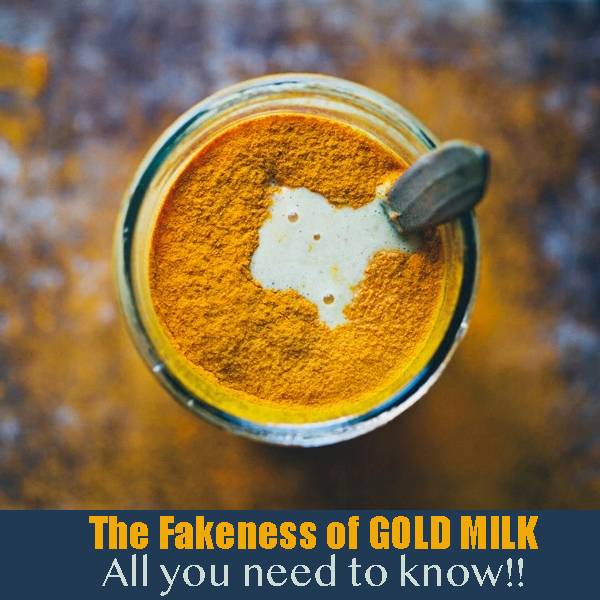










2 comments